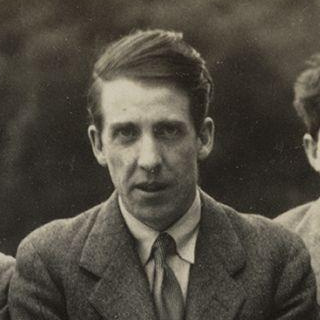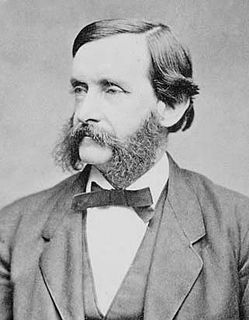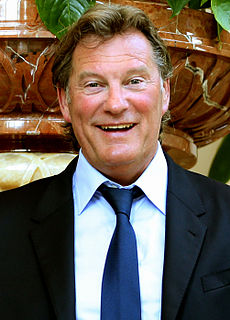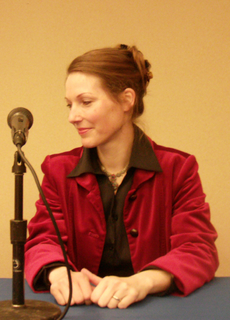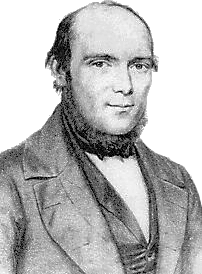A Quote by Walter J. Turner
Mozart's mental grip never loosens; he never abandons himself to any one sense; even at his most ecstatic moments his mind is vigorous, alert, and on the wing. He dives unerringly on to his finest ideas like a bird of prey, and once an idea is seized he soars off again with an undiminished power.
Related Quotes
Mozart in his music was probably the most reasonable of the world's great composers. It is the happy balance between flight and control, between sensibility and self-discipline, simplicity and sophistication of style that is his particular province... Mozart tapped once again the source from which all music flows, expressing himself with a spontaneity and refinement and breath-taking rightness that has never since been duplicated.
Behind the newspaper Julian was withdrawing into the inner compartment of his mind where he spent most of his time. This was a kind of mental bubble in which he established himself when he could not bear to be a part of what was going on around him. From it he could see out and judge but in it he was safe from any kind of penetration from without. It was the only place where he felt free of the general idiocy of his fellows. His mother had never entered it but from it he could see her with absolute clarity.
When a lion stalks a herd, he sneaks in close, lies down, and surveys them to choose his victim. He takes his time. The deer or buffalo have no idea he’s near. He finds his prey and then he explodes from his hiding place and grabs it. Even if another, perfectly serviceable animal ends up within his reach, he isn’t going to alter his course. He has chosen, and he would rather go hungry than change his mind.
The Englishman's strong point is his vigorous insularity; that of the American his power of adaptation. Each of these attitudes has its perils. The Englishman stands firmly on his feet, but he who merely does this never advances. The American's disposition is to step forward even at the risk of a fall.
Paul Scholes was the jewel in the crown, the first name on the teamsheet and unquestionably one of the finest England players of the age. He flourished at once in the international arena, which didn't surprise me given his fabulous all-round attributes. He had almost everything - talent, intelligence, courage. His only blemish, which he never really shook off, was his tackling. There was always the chance of that red mist coming down. Overall, though, Paul was a wonderful player and he's a lovely lad, a credit to his club and to himself.
as a bird swoops down on it's prey, and assumes this land bound wretch into heaven, so did romeo steal her lips before they fled him again. suspended somewhere between cherubs and devils, his quarry ceased to buck, and he spread his wings wide and let the rising wind carry them off across the sky, until even the predator himself had lost every hope of returning home. within that one embrace, [he] became aware of a feeling of certainty he had not thought possible for anyone - even the virtuous. with her in his arms, all other women, past, present, and future, simply ceased to exist.
The whiskey warmed his tongue and the back of his throat, but it did not change his ideas any, and suddenly, looking at himself in the mirror behind the bar, he knew that drinking was never going to do any good to him now. Whatever he had now he had, and it was from now on, and if he drank himself unconscious when he woke up it would be there.
The fact that labour is external to the worker, i.e., it does not belong to his intrinsic nature; that in his work, therefore he does not affirm himself but denies himself, does not feel content but unhappy, does not develop freely his physical and mental energy but mortifies his body and his mind. The worker therefore only feels himself outside his work, and in his work feels outside himself.
I consider Mr. Morphy the finest chess player who ever existed. He is far superior to any now living, and would doubtless have beaten Labourdonnais himself. In all his games with me, he has not only played, in every instance, the exact move, but the most exact. He never makes a mistake; but, if his adversary commits the slightest error, he is lost.
Am I prepared to let God grip me by His power and do a work in me that is worthy of Himself? Sanctification is not my idea of what I want God to do for me; sanctification is God's idea of what He wants to do for me, and He has to get me into the attitude of mind and spirit where at any cost I will let Him sanctify me wholly.
Each leaf that brushed his face deepened his sadness and dread. Each leaf he passed he'd never pass again. They rode over his face like veils, already some yellow, their veins like slender bones where the sun shone through them. He had resolved himself to ride on for he could not turn back and the world that day was as lovely as any day that ever was and he was riding to his death.
